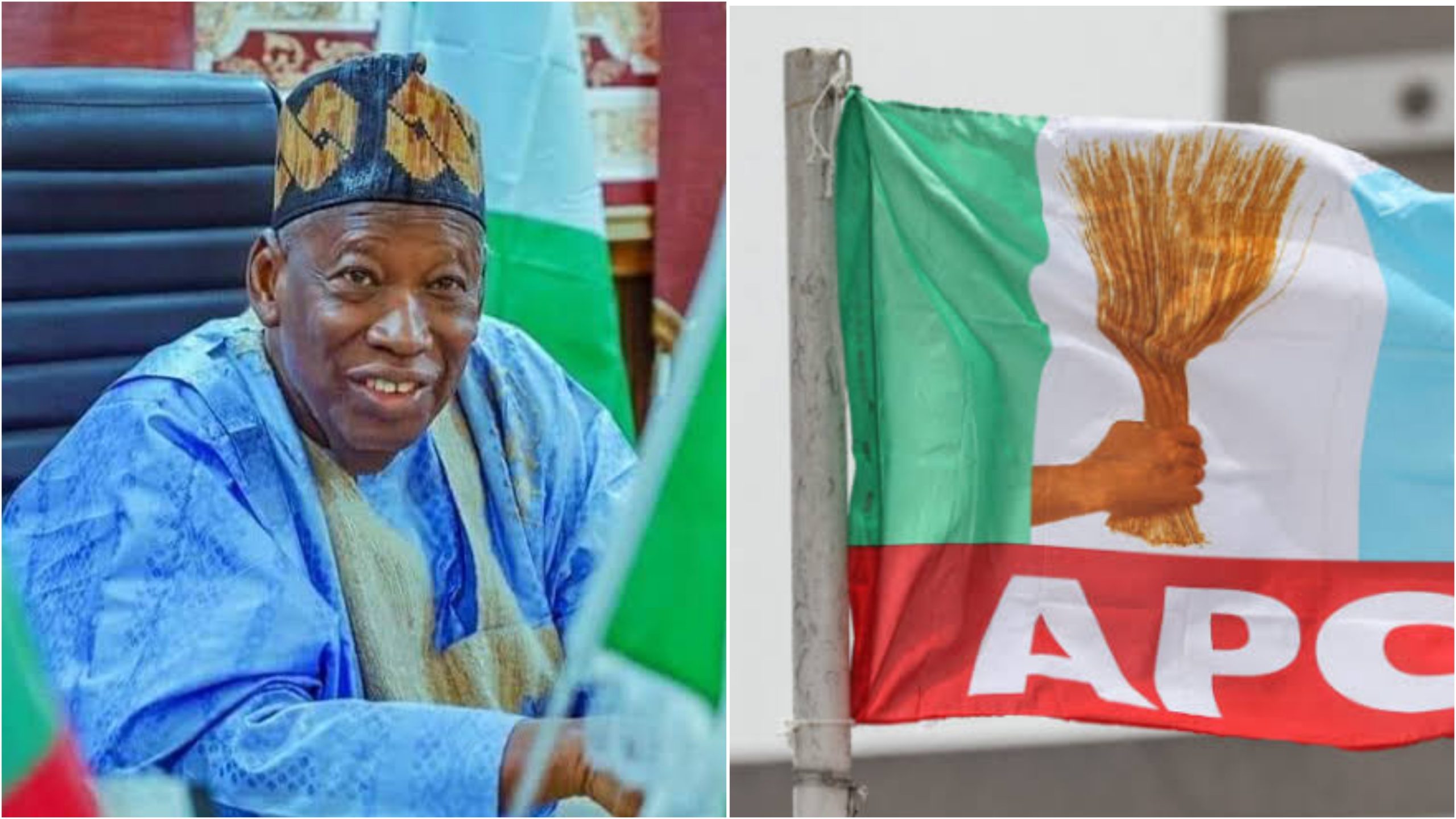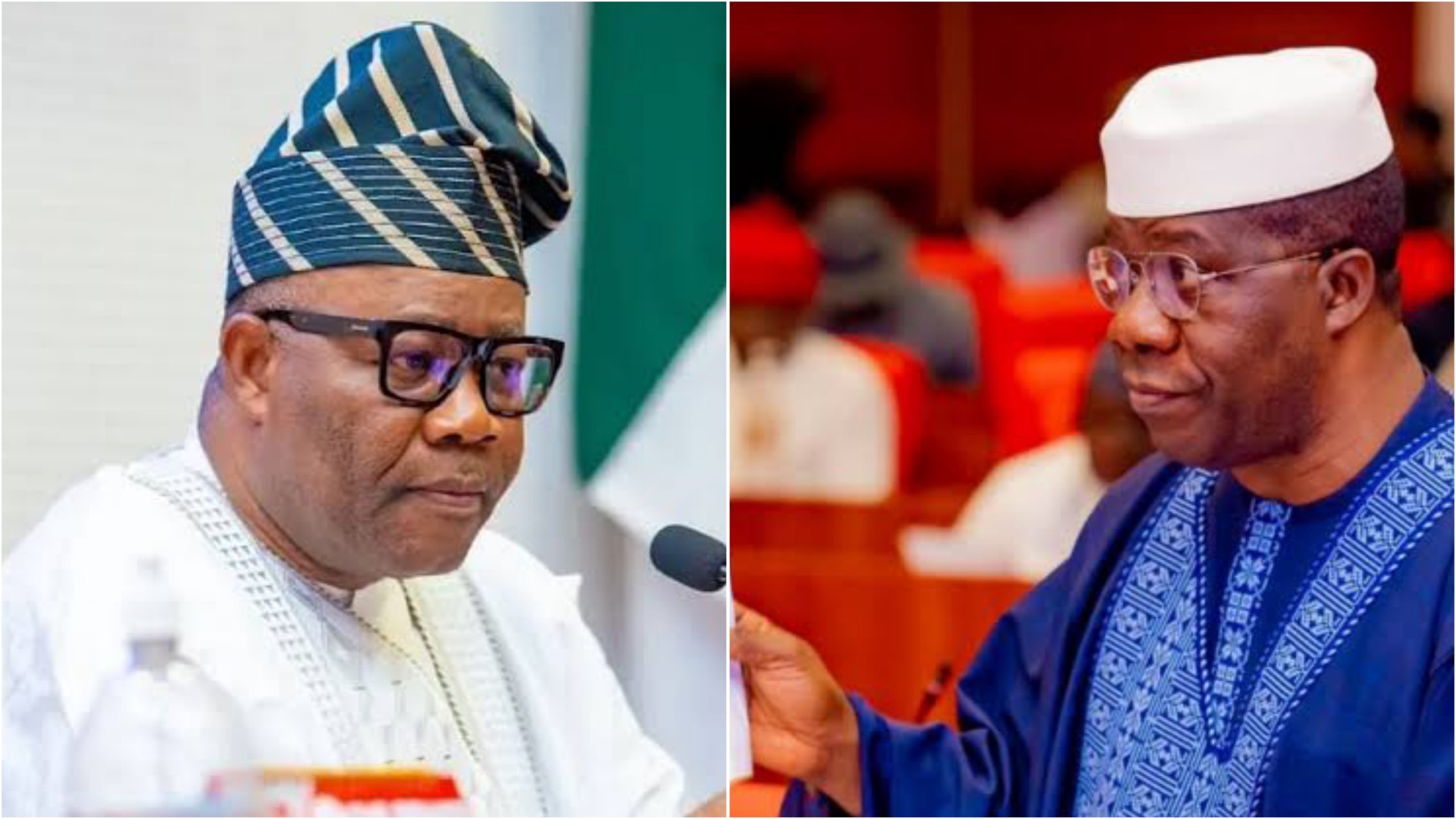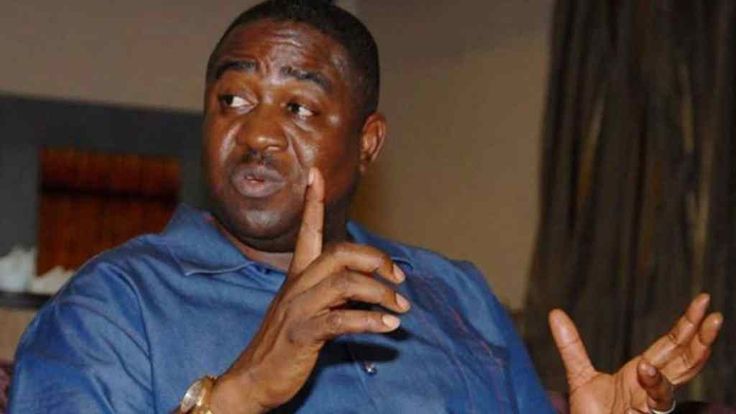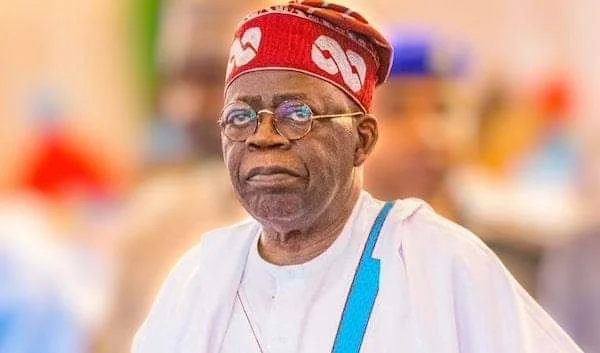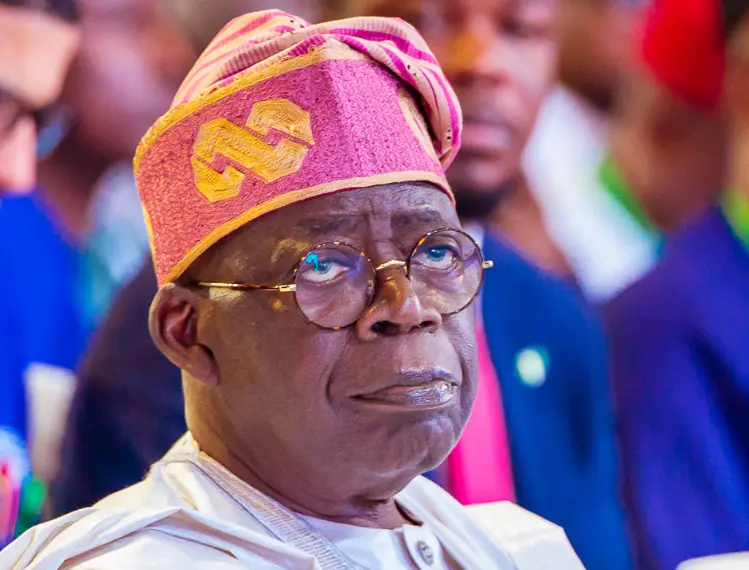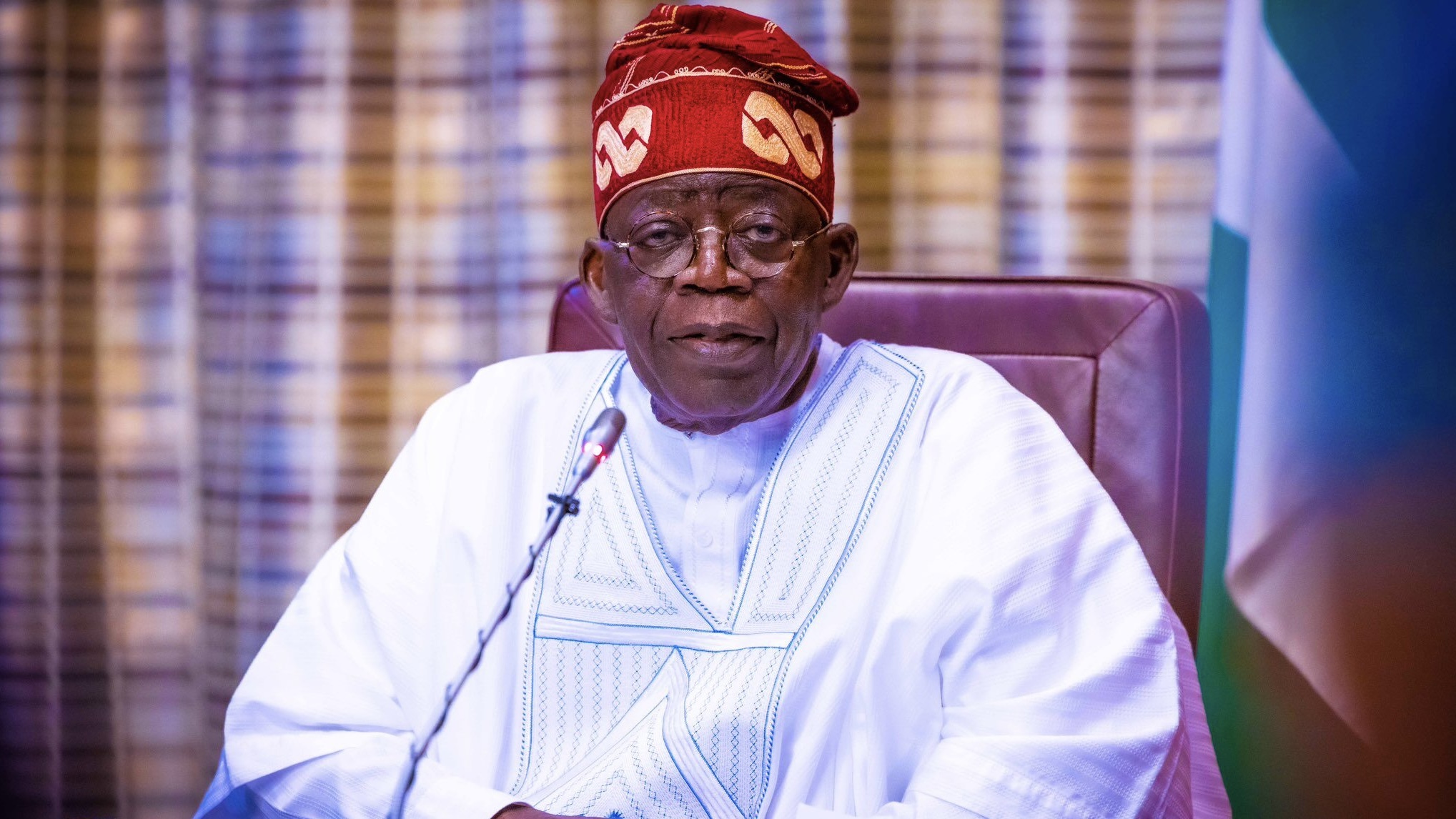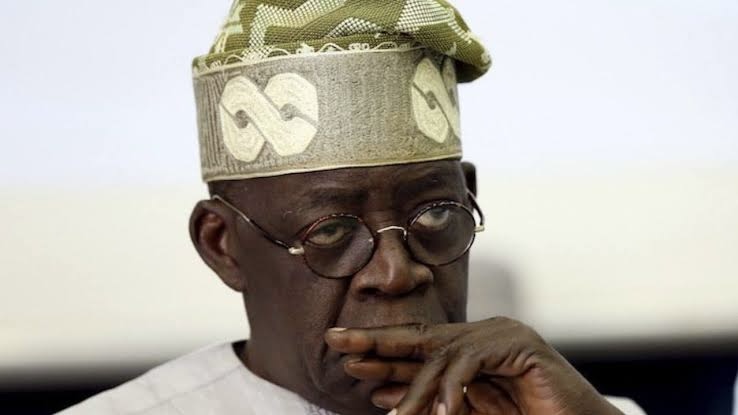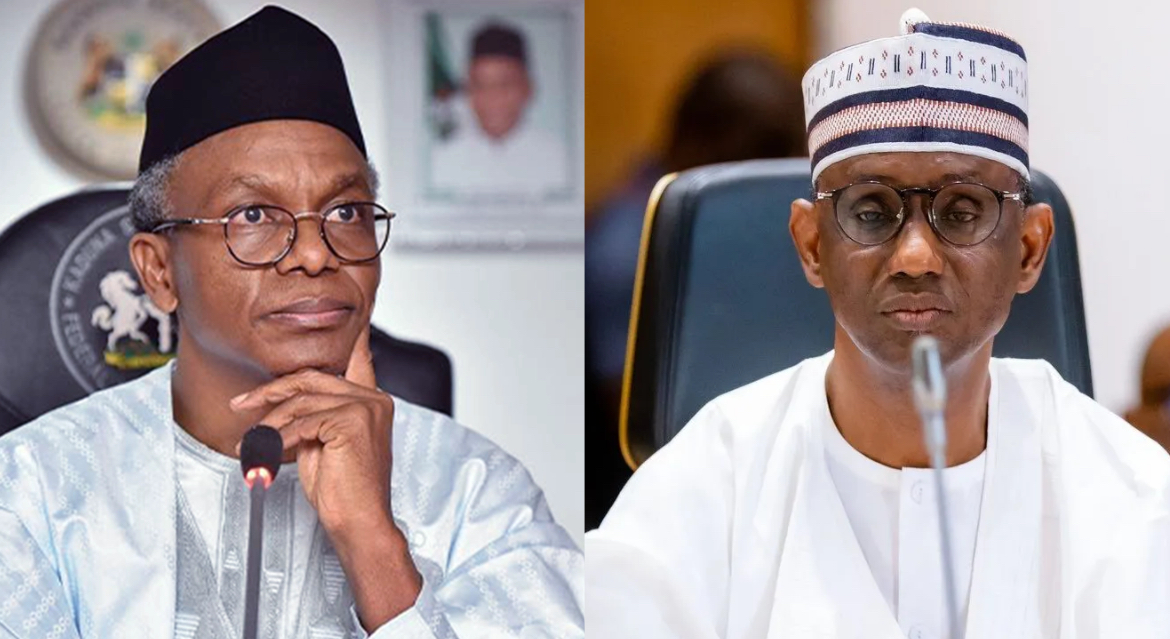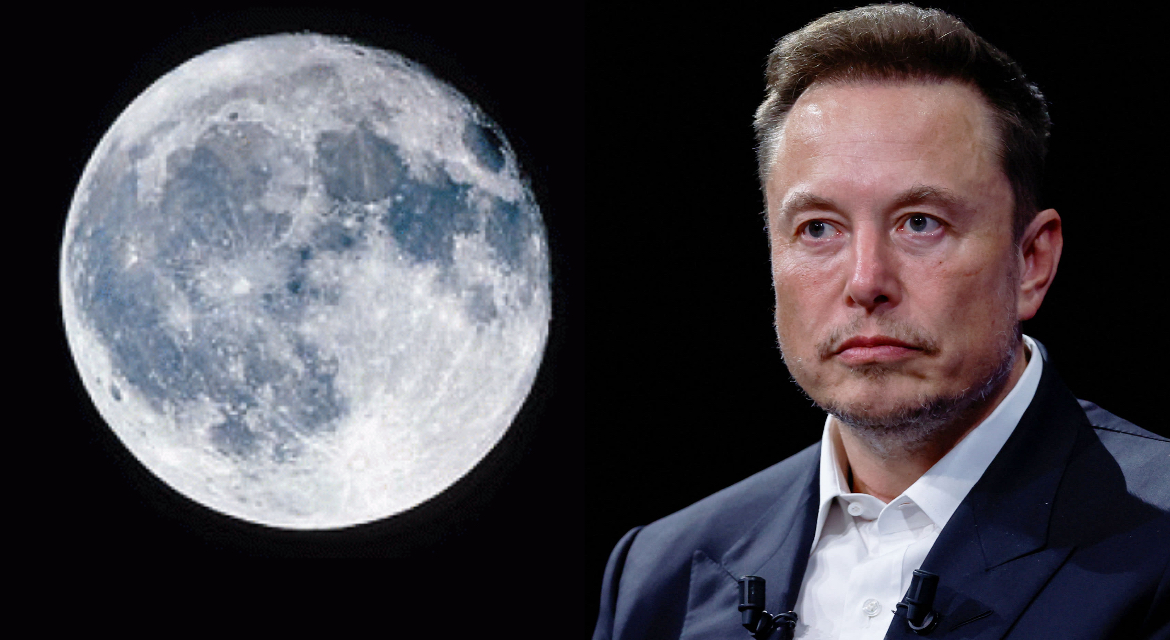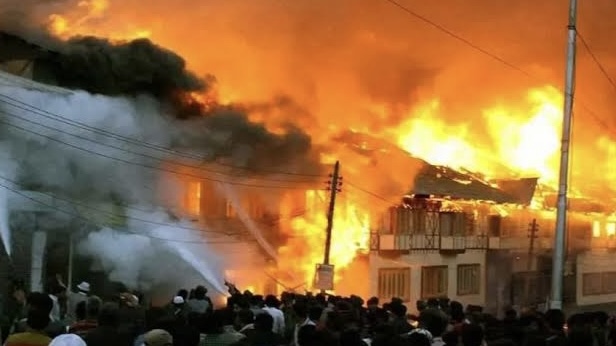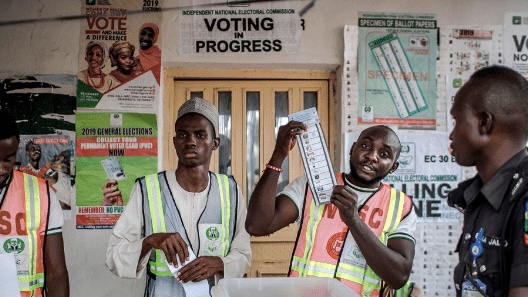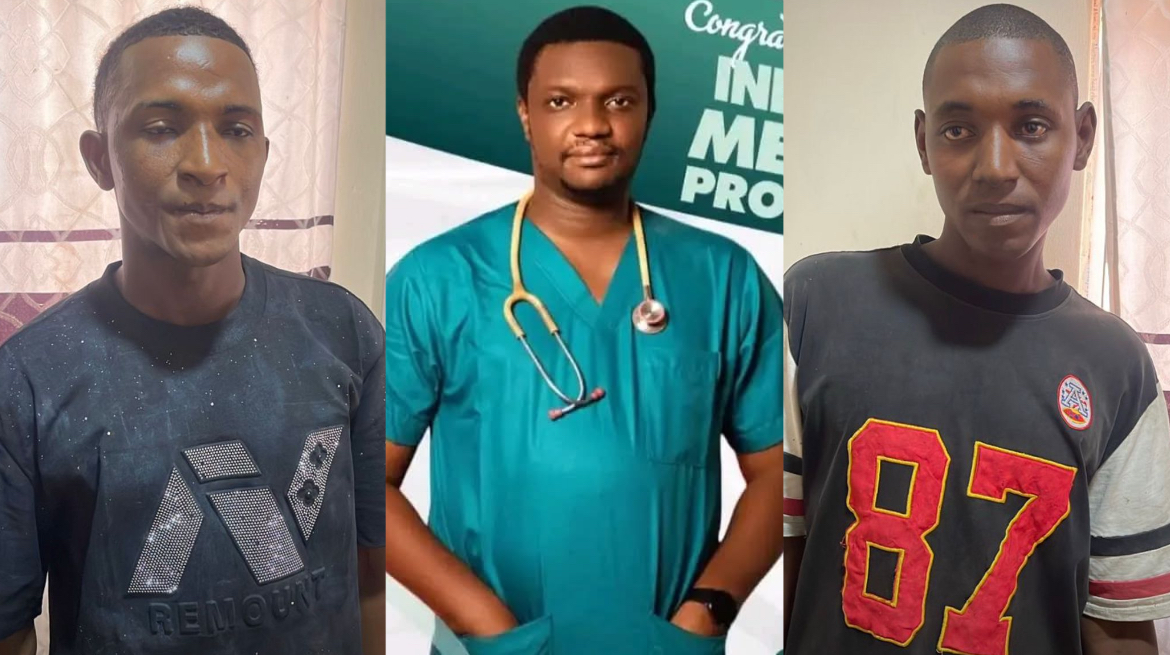New details have emerged as the All Progressives Congress (APC) seeks to replace Dr. Abdullahi Umar Ganduje, it’s former National Chairman who resigned recently.
Dockaysworld reports that Ganduje stepped down on June 27 citing the need to focus on personal well-being as the reason for his resignation. However, party insiders suggest that mounting internal pressure and political realignments ahead of the 2027 elections may have influenced his decision.
In the wake of his resignation, Ali Bukar Dalori, the former Deputy National Chairman (North), was appointed Acting National Chairman.
His appointment awaits confirmation at the APC National Executive Committee (NEC) meeting scheduled for Thursday, July 24.
Speaking to journalists after a closed-door meeting with President Bola Tinubu and fellow APC governors on Wednesday night, Imo State Governor and Chairman of the Progressive Governors’ Forum, Hope Uzodimma, confirmed that consultations were ongoing regarding a replacement for Ganduje.
“It would be premature for anyone to speculate at this point. Consultations are still ongoing,” Uzodimma said, adding that the NEC would have the final say on who takes over the party’s leadership.
“This meeting was part of our regular consultations among governors and key stakeholders aimed at strengthening the party’s programmes and ensuring effective governance as the ruling party,” he explained.
Uzodimma further disclosed that another meeting with the President would be held ahead of Thursday’s NEC session.
“Tomorrow by 2 p.m., the NEC of our great party will convene to discuss matters crucial to the future of the APC and, more importantly, how best to serve Nigerians,” he said.
Meanwhile, the APC appears to be considering candidates from the North-Central zone in line with its zoning principles. Among the top contenders are former Nasarawa State Governor, Senator Umaru Tanko Al-Makura; Niger East Senator and Senate Committee on Finance Chairman, Senator Mohammed Sani Musa; and Minister of Humanitarian Affairs and Poverty Reduction, Professor Nentawe Yilwatda.


